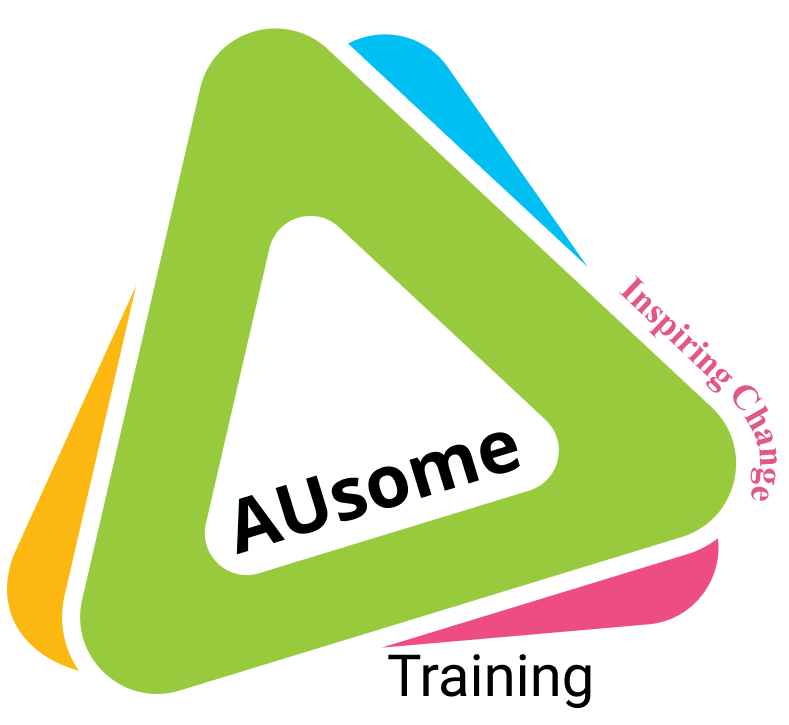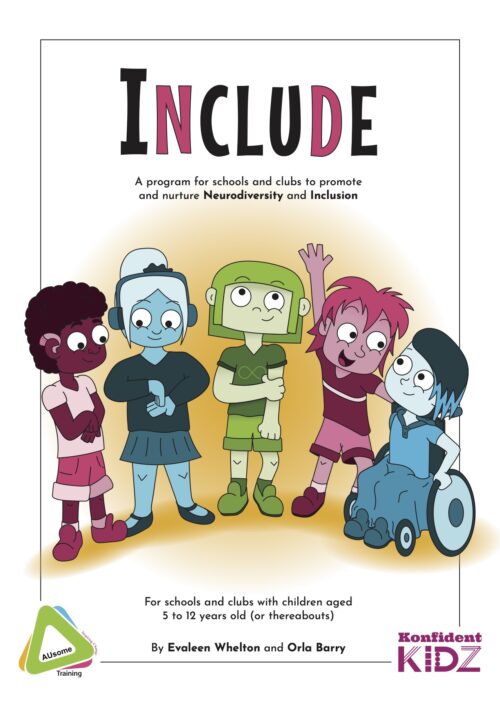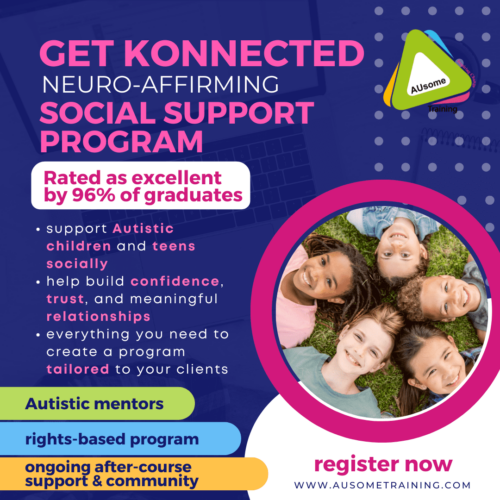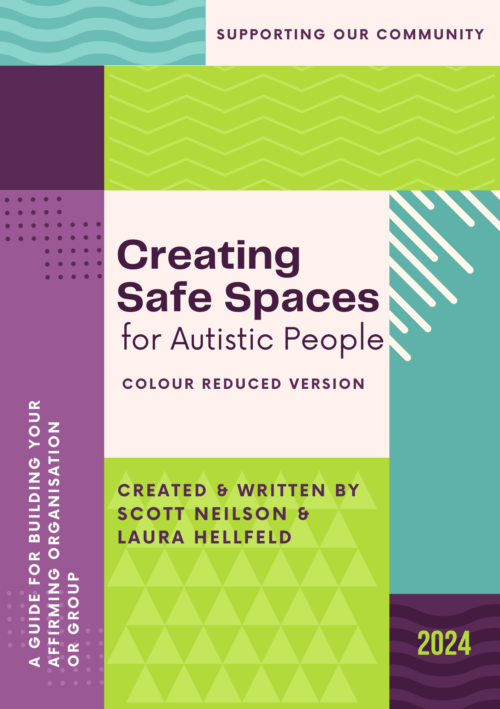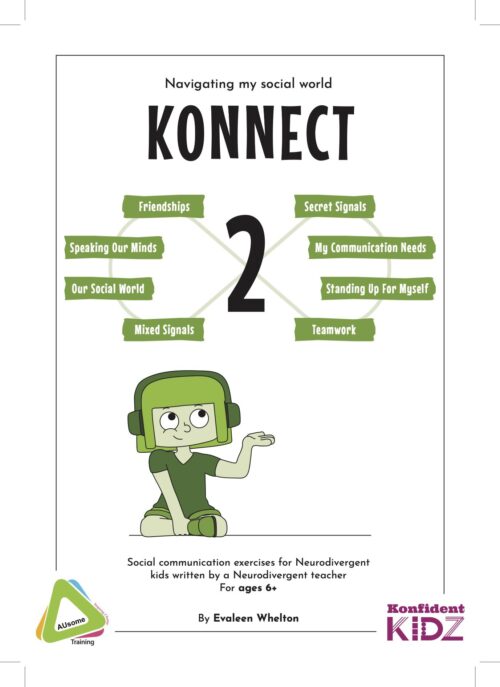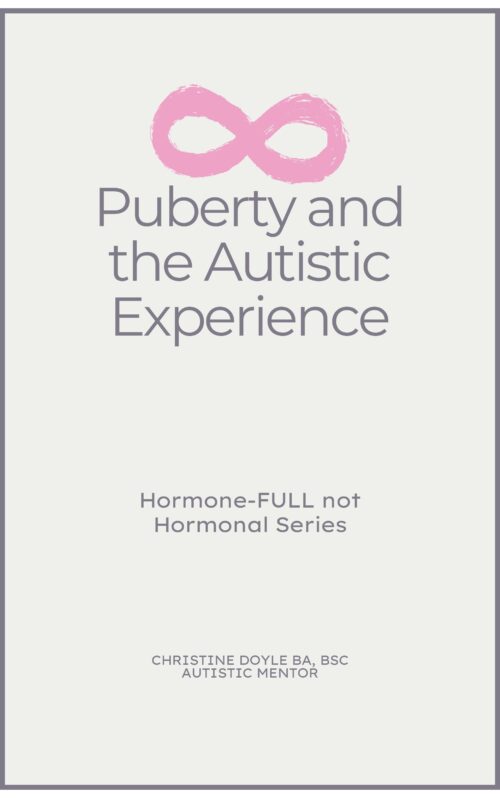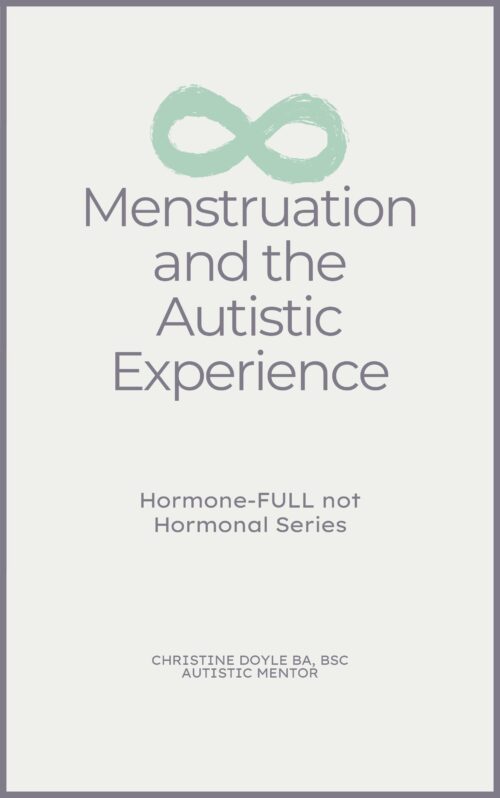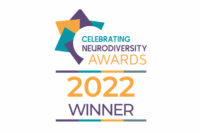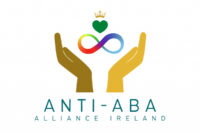Description
Understand Autistic communication. Support it with confidence.
Communication Is Connection: A Guide to Understanding Autistic Children is a trauma-informed, neurodiversity-affirming PDF guide for parents, teachers, therapists, and allied health professionals who want to support Autistic kids in ways that actually work—because they are rooted in trust, not compliance.
Written by Evaleen Whelton—Autistic author, educator, and founder of AUsome Training—this 56 -page resource helps you move beyond outdated behaviour-based models and into a relational, respectful understanding of how Autistic children express themselves.
✅ Learn how trauma, anxiety, masking, and people-pleasing impact Autistic communication
✅ Understand shutdowns, scripting, silence, flat tone, and “unexpected” behaviours without pathologising
✅ Explore internal communication, stimming, and sensory regulation as valid, expressive strategies
✅ Shift your approach with practical tips, reflection questions, and affirming alternatives to social skills training
Whether you’re a speech and language therapist (SLT), teacher, psychologist, or parent, this guide will challenge what you think you know—and give you the tools to support authentic, meaningful communication in Autistic children.
Inside, you’ll find:
-
Clear explanations of Autistic communication differences
-
Real-world examples of how trauma responses shape expression
-
A compassionate look at self-talk, internal monologues, and imagination
-
Evidence-informed insights grounded in lived experience
This is not just an educational tool—it’s a mindset shift. If you’re ready to stop forcing communication to fit a neurotypical mould and start building safety, connection, and respect, this is your starting point.
Also includes a sneak peek at the Get Konnected framework, a six-part model for building relational safety and communication without scripts, rewards, or “fixing.”
